As the war rages on in Ukraine, it feels strange to celebrate anything. But that doesn’t mean we should forget International Women’s Day, which this year has the theme ‘Gender equality today for a sustainable tomorrow’ and the hashtag #BreakTheBias.
Women, after all, bear the heaviest burden of poverty and inequality, which is bound to rise across the world as the war pushes global food prices to new heights.
But the conflict in Europe is also reminder that women aren’t just victims – they are also strong and courageous. In Ukraine, they are choosing to stay and fight for their country, while in Russia, they are protesting on the streets to end the war.
It seems fitting, then, to take a day to reflect on the progress made on women’s rights and call again for an end to gender inequality. While our thoughts are first and foremost with the brave women facing conflict in Ukraine and elsewhere in the world, there are also still challenges to overcome closer to home.
The pandemic had a “disproportionate impact” on the female workforce in the UK, according to a February report by PwC and Diversity in Retail. And while retail has outperformed the wider market when it came to closing the gender pay gap in recent years – which dropped from 13.1% in 2018/19 to 11.8% in 2020/21 – there is still some way to go before it can claim gender equality.
In December, for example, a report by the Living Wage Foundation found 49% of all female supermarket workers earn below the real Living Wage, compared with just 35% of men.
The grocery sector must also consider more than just pay when it comes to eliminating discrimination in the workplace. Last summer, a survey by Women in Wholesale found 28% of respondents still faced a “lack of respect” in their jobs, for instance.
More work must also be done to tackle gender inequality and promote women’s rights in global supply chains. Female cocoa farmers earn 25%-30% less than male farmers in Ghana and up to 70% less in Ivory Coast, according to Cocoa Life. Although they do 40% of the work on cocoa farms, they own 2% of the land.
With a surge in oil, fertiliser and food commodity prices set to put a further squeeze on supply chains in the months to come, it’s arguably more important than ever to be vigilant.
That said, women are achieving amazing things in the sector – in leadership roles, as entrepreneurs and on shop and factory floors.
Take Costa’s commercial & customer director Becky Brock, who only joined the business only 15 months ago but has already launched a tie-up with M&S, revamped Costa’s loyalty scheme, and expanded its Deliveroo partnership. Or Biotiful Dairy founder Natasha Bowes, who is championing a better understanding of gut health alongside fellow entrepreneurs like Megan Rossi of Bio & Me.
Then there’s the likes of Arla Aylesbury site director Jo Taylor, the very first winner of our Factory Manger of the Year award in 2020, who managed to crank up output by 20% as demand surged during lockdown. Or Joanne Bennett-McNally of Morrisons Widnes, St Helens, who took home the Store Manager of the Year title in one of the hardest years for the industry in the history of the awards, with her team scoring an outstanding 20/20 for service in our Grocer 33 mystery shop.
And that’s only a few of the impressive women in this sector, who are not only steering grocery businesses to success, but are leading progress on issues such as sustainability, food waste, plastic, health and diversity.
As the world grows darker amid the ongoing challenges of conflict, Covid and climate change, the compassion, courage, resilience and empathy women have to offer will only become more important in years to come.
So this International Women’s Day, let’s take a moment to reflect on the progress we have made, and remember why we mustn’t stop fighting for a world – and an industry – free of bias, stereotypes, and discrimination.




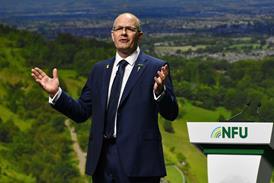


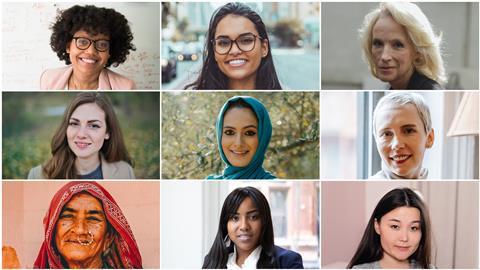
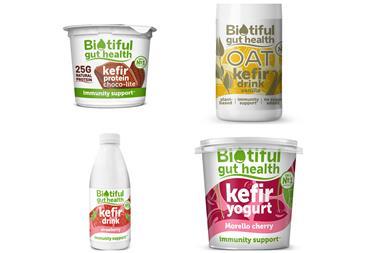
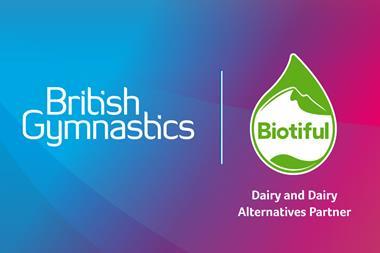
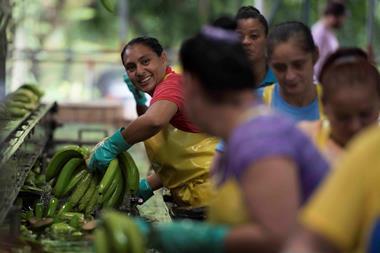




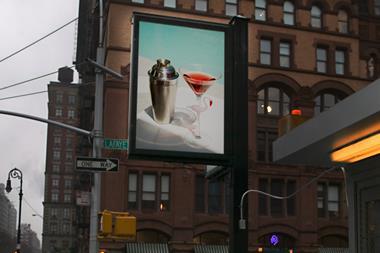
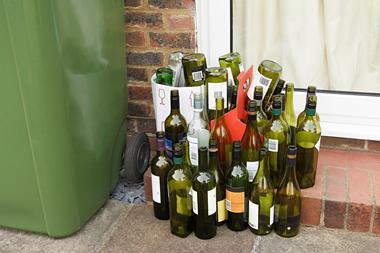
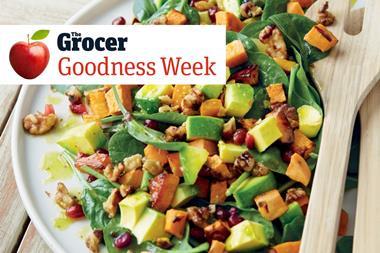


No comments yet